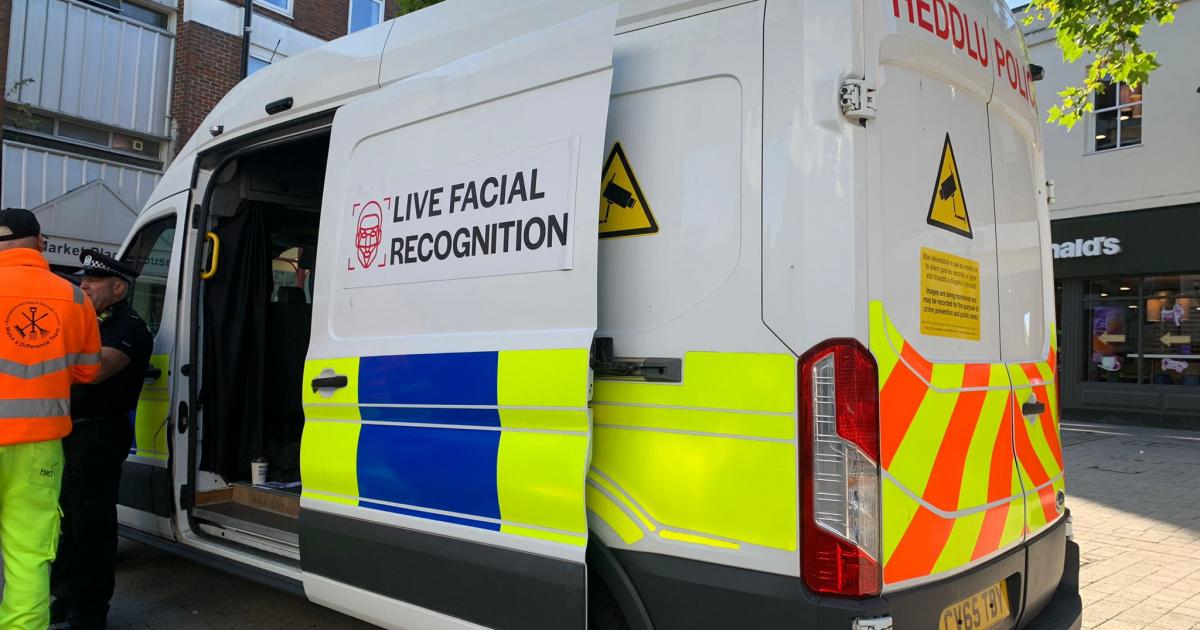According to the Home Office, the technology will be deployed to catch “high-harm” offenders, with new rules drawn up to support its use and ensure “safeguards and oversight”.
Some 10 vans equipped with cameras will be rolled out across seven police forces – West Yorkshire, Greater Manchester, Thames Valley, Bedfordshire, Surrey, Sussex and Hampshire – over the coming weeks.
Existing rules require checks only to be done against police watchlists of wanted criminals, suspects and those subject to bail or court order conditions like sex offenders.
But a Government consultation will launch in the autumn to help “shape a new legal framework” on its use, taking views on when and how the technology should be deployed.
Privacy campaigners have previously voiced concerns about a potential lack of regulation and transparency over the expansion of the technology.
The vans will be manned by trained officers and it will be for individual forces to decide how and when they are deployed in their areas, operating within the College of Policing guidance.
Home Secretary Yvette Cooper said: “We will provide police with the tools they need to do their jobs.
“Facial recognition will be used in a targeted way to identify sex offenders or people wanted for the most serious crimes who the police have not been able to find.
“That’s why we’re funding 10 vans and also drawing up a new legal framework, so we’ve got proper safeguards and checks in place so that we can use the technology to go after the most dangerous criminals.”
A Home Office spokesperson added: “The algorithm being used in the vans has been independently tested and will only be operated in specific circumstances and with robust oversight.”
Chief Superintendent Tim Morgan, of South Wales Police, which is co-ordinating the rollout alongside the National Police Chiefs’ Council, sought to reassure the public that the technology would be used “ethically”.
“We understand the concerns which are raised about the use of live facial recognition technology, and we use any new technology ethically and spend time and effort making sure it’s deployed in line with all legislation and guidance,” he said.
“It is important to remember that use of this has never resulted in a wrongful arrest in South Wales and there have been no false alerts for several years as the technology and our understanding has evolved.”
